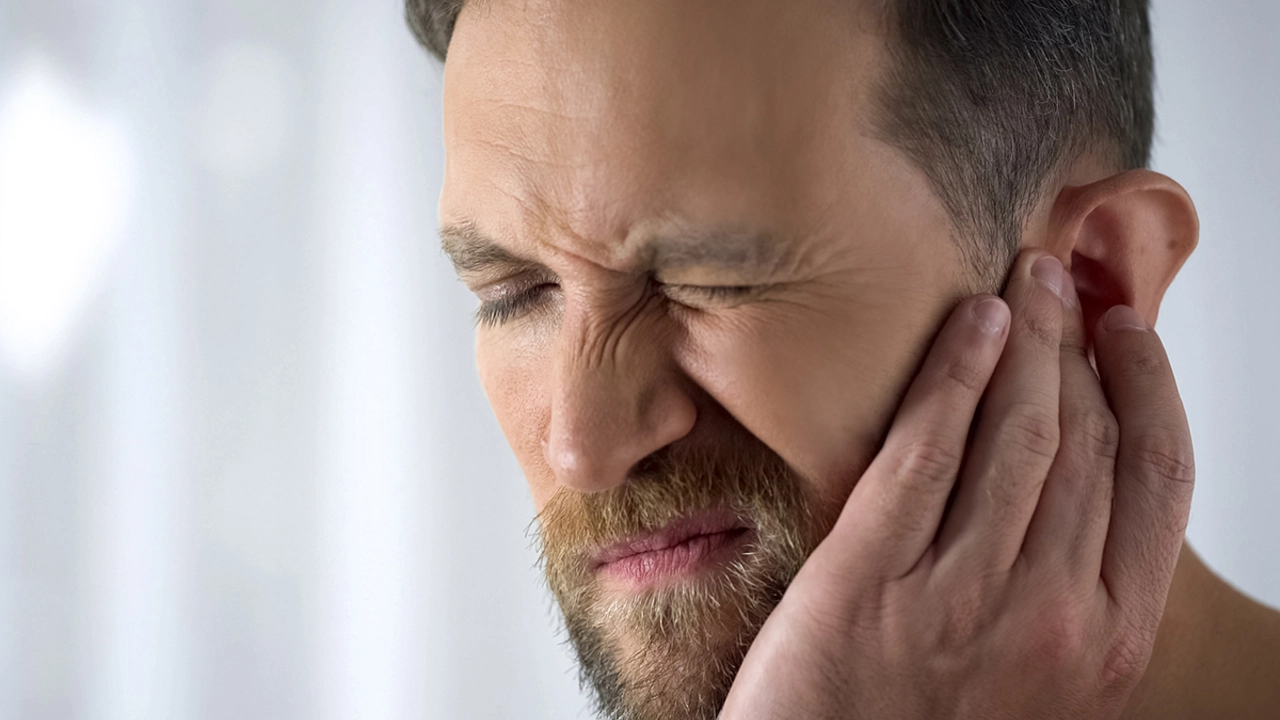Ever had a cold that left you muffled or ringing in your ears? That’s not just an annoyance – many viruses can actually damage your hearing. In this guide we’ll break down what happens when a virus hits your ear, the signs you shouldn’t ignore, and simple steps to keep your hearing sharp.
Viruses like the flu, COVID‑19, and even the common cold can travel up the eustachian tube, the little passage that balances pressure in your middle ear. When that tube gets clogged, fluid builds up and creates a perfect environment for inflammation. The inner ear’s tiny hair cells, which turn sound waves into nerve signals, can get irritated or even die if the inflammation lasts too long.
Some viruses go straight to the inner ear. For example, the mumps virus is known to cause sudden sensorineural hearing loss—a rapid drop in hearing that can be permanent if not treated fast. COVID‑19 has also been linked to sudden loss of taste, smell, and hearing in a minority of cases, likely because the virus can affect the nerves that carry sound information.
The symptoms are usually easy to spot: muffled sounds, ringing (tinnitus), a feeling of fullness, or sudden loss of hearing in one ear. If you notice any of these during or right after a viral illness, it’s worth getting checked out quickly. Early treatment with steroids or antiviral meds can sometimes reverse the damage.
First, treat infections promptly. Over‑the‑counter cold remedies won’t clear a virus, but staying hydrated, resting, and following your doctor's advice on antivirals can shorten the illness and reduce ear complications.
Second, keep the eustachian tube clear. Simple tricks like swallowing, yawning, or using a nasal decongestant can help equalize pressure. Avoid blowing your nose hard; that can push mucus deeper into the ear.
Third, protect your ears from other stressors while you’re sick. Loud music, headphones at high volume, or noisy work environments add extra strain to already inflamed ear structures. Turn the volume down and give your ears a break.
Finally, schedule a hearing check if symptoms linger more than a few days after the virus clears. An audiogram (hearing test) is quick, painless, and can catch problems before they become permanent.
Bottom line: viruses can mess with your ears, but you don’t have to sit and wait for damage. Spot the signs early, keep your ears clear, and don’t ignore lingering symptoms. Simple habits can make a big difference in preserving your hearing for the long run.

Hello guys! Today on our blog, we'll dive into a health topic that's truly fascinating - the connection between Sudden Sensorineural Hearing Loss and viral infections. It's a complex issue that we know little about, but the research is gaining momentum. We'll discuss what current studies suggest about how these viral infections could potentially trigger sudden hearing loss. This is really important to understand, as it could lead to more effective preventive measures and treatments in the future. Stay tuned!
